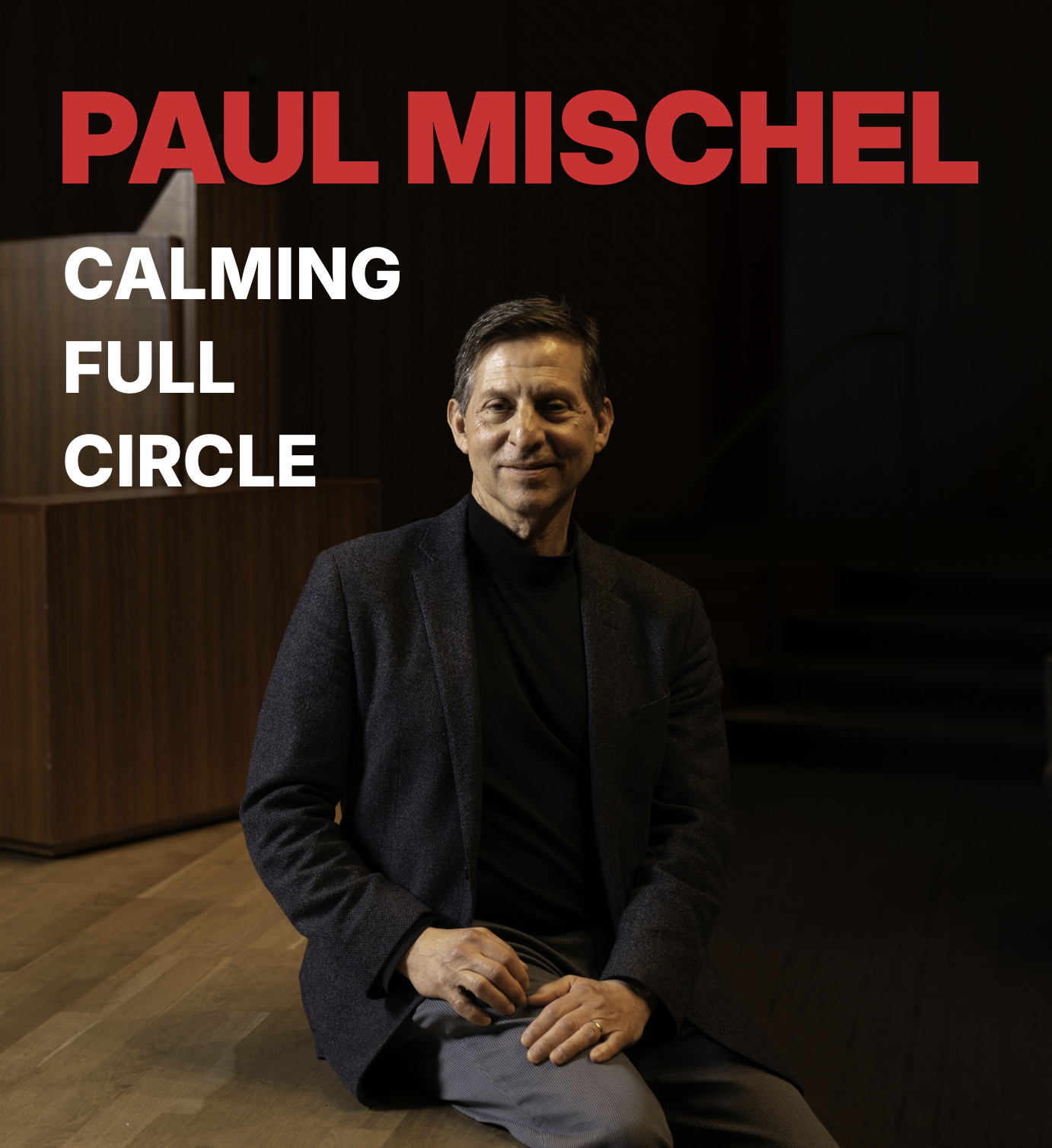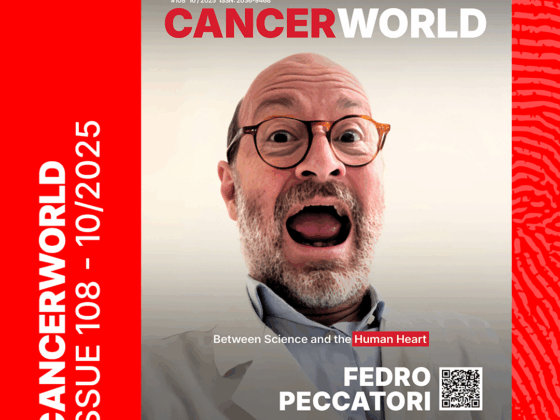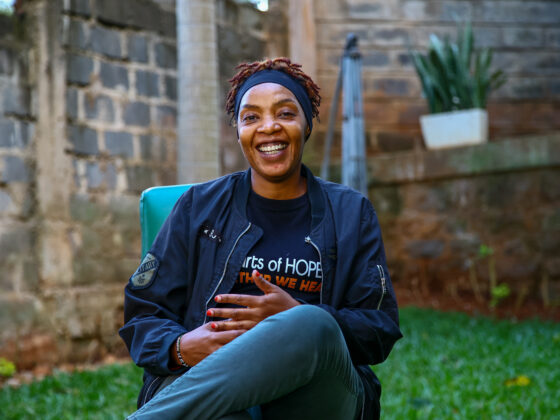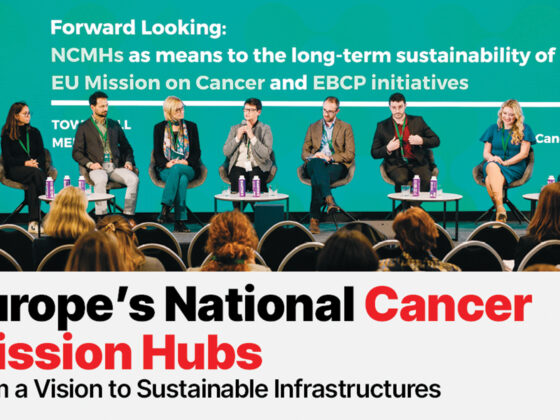It was an interview during which I simply couldn’t stop smiling, amazed by the brilliance of Prof. Paul Mischel, yet he speaks about his discoveries with such ease, clarity, and enthusiasm that you can’t help but be carried along. Here is a man whose work promises to reshape the future of cancer care and save countless lives, speaking with such lightness and grace that you almost forget the scale of his impact. When strangers ask what he does, his reply is modest:
“I’m a doctor and a scientist, and I do cancer research.”
Beneath those few words lies a lifelong mission: to understand why so many treatments fail and to find a way to make them work.
“I was always very interested in this idea of personalizing therapy,” he explains. The hope was that by decoding a tumor’s genetic makeup, doctors could design treatments tailored to each patient. But for too many people, that promise never materialized. The question of why pulled Prof. Mischel into discoveries around extra-chromosomal DNA.
The pursuit is personal. Prof. Mischel was just 14 when his father died of stomach cancer. “It was terrible. He died a very painful death,” he recalls. That searing loss crystallized his purpose. In his college essay, he had already declared his dream:
“I wanted to be a doctor and a scientist to do something about cancer.”
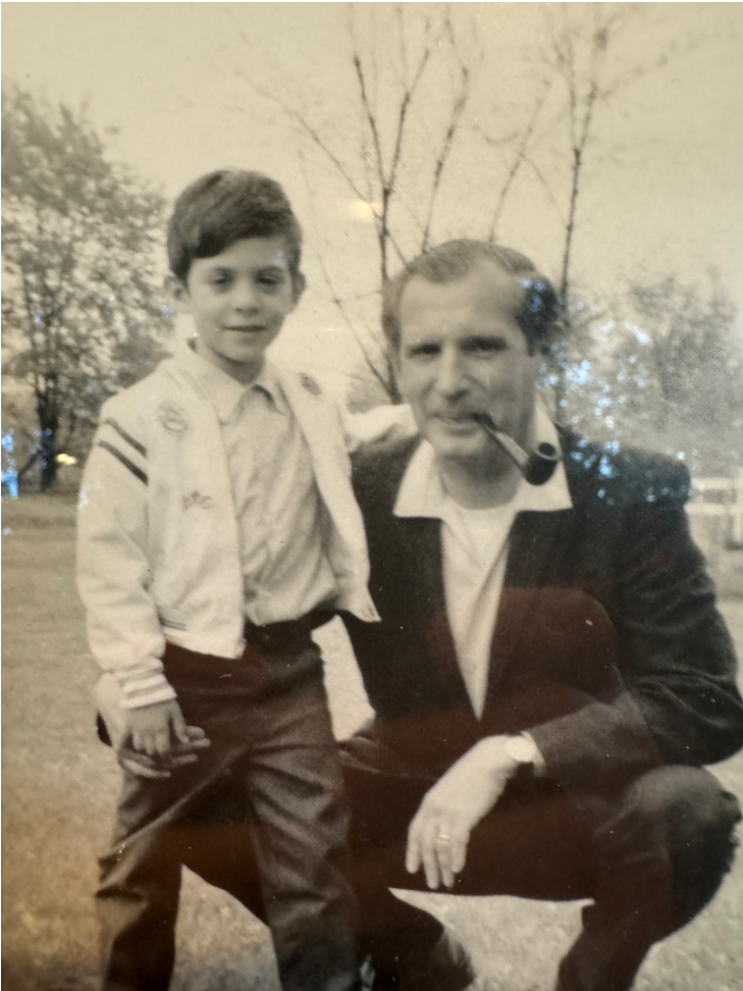
My Uncle Told Me
Orphaned of a father, Prof. Mischel found guidance in another, his uncle, Walter Mischel, the psychologist famous for the marshmallow test. “Walter pretty much rescued me and was a father figure to me,” Paul says, his voice catching even now. “He became a mentor. And then ultimately, he became a friend.”
Walter was more than an uncle; he was a role model whose wisdom shaped the course of Paul’s life. Throughout the interview, Prof. Mischel returned again and again to the lessons his uncle had shared. But one stood above the rest, a principle he now passes on to the younger generation:
“Never make the work about you. It’s never about you. You don’t need to look out for yourself, you need to be looking out for the integrity of the science, for the work itself, for the people you train, those you collaborate with, and ultimately for people with cancer.”

Prof. Mischel’s wife, physician-scientist Deborah Kado, also became a mentor in the truest sense, an intellectual partner since the first day of medical school, and a wise voice at every crossroads. Along the way, Mischel drew strength from a constellation of teachers: Harry Vinters at UCLA, who guided him into pathology; Dr. Clarence Kado, his father-in-law, who bluntly told him his descriptive papers weren’t “real science” and pushed him toward training; and Dr. Louis Reichardt at UCSF, who took a chance on a 34-year-old doctor picking up a pipette for the first time. In Reichardt’s lab, alongside future Nobel laureate Ardem Patapoutian, Prof. Mischel learned molecular biology from scratch.
The list of mentors grew longer: Drs. Harvey Herschman, Charles Sawyers, Webster Cavanee, Carolyn Bertozzi, Chaitan Khosla, Howard Chang, Ben Cravatt, and many more. Each one gave him not only scientific insight but also a model of generosity, courage, and vision. “I liked the idea of being mentored your whole life,” he says. And he paid it forward, mentoring generations of scientists. “The real secret here that nobody understands is that it goes both ways. The amount that I learn from these brilliant people in my lab, they don’t even know how much I get from working with them.”
Ptolemy’s Map of the Solar System
In 2014, Mischel and his colleagues published a discovery that would ripple through oncology: oncogenes driving aggressive cancers were often found not on chromosomes, but on rogue circles of DNA outside them, extra-chromosomal DNA, or ecDNA.
The realization came from puzzles in glioblastoma, a deadly brain cancer. Tumors showed genetic chaos and swift resistance to therapy that classical genetics could not explain. “The aha moment was the realization that maybe we actually don’t know where genes are,” Mischel recalls. Looking at dividing cells, they saw amplified oncogenes residing on ecDNA.
That finding transformed the map of cancer biology.
“It’s like Ptolemy’s map of the solar system, the measurements were correct, but the map was wrong because they put the earth at the center. Is it possible that in some cancers, their genome map is completely wrong because of this?”
The implications were profound: ecDNA, lacking centromeres, segregates randomly, creating explosive genetic diversity, the raw material for Darwinian evolution inside tumors. “Now you have a situation in which these extra-chromosomal DNA elements are allowing tumors to become highly heterogeneous,” he explains. “That explains why this is actually happening, allowing them to hit very high copy and allowing them to change their genomes very rapidly because of this non-Mendelian genetics.”
For Mischel, that was the real breakthrough: what seemed impossibly complex suddenly snapped into focus. “If you step back and see it from this lens, it’s actually remarkably simple,” he says. “They’re following Darwinian evolution, but they’re not following Mendelian genetics.”
The first person he shared the discovery with, outside the lab, was his wife. “Of course,” he says with a smile. Her response was simple but steadying: “She said, this is paradigm shifting.”
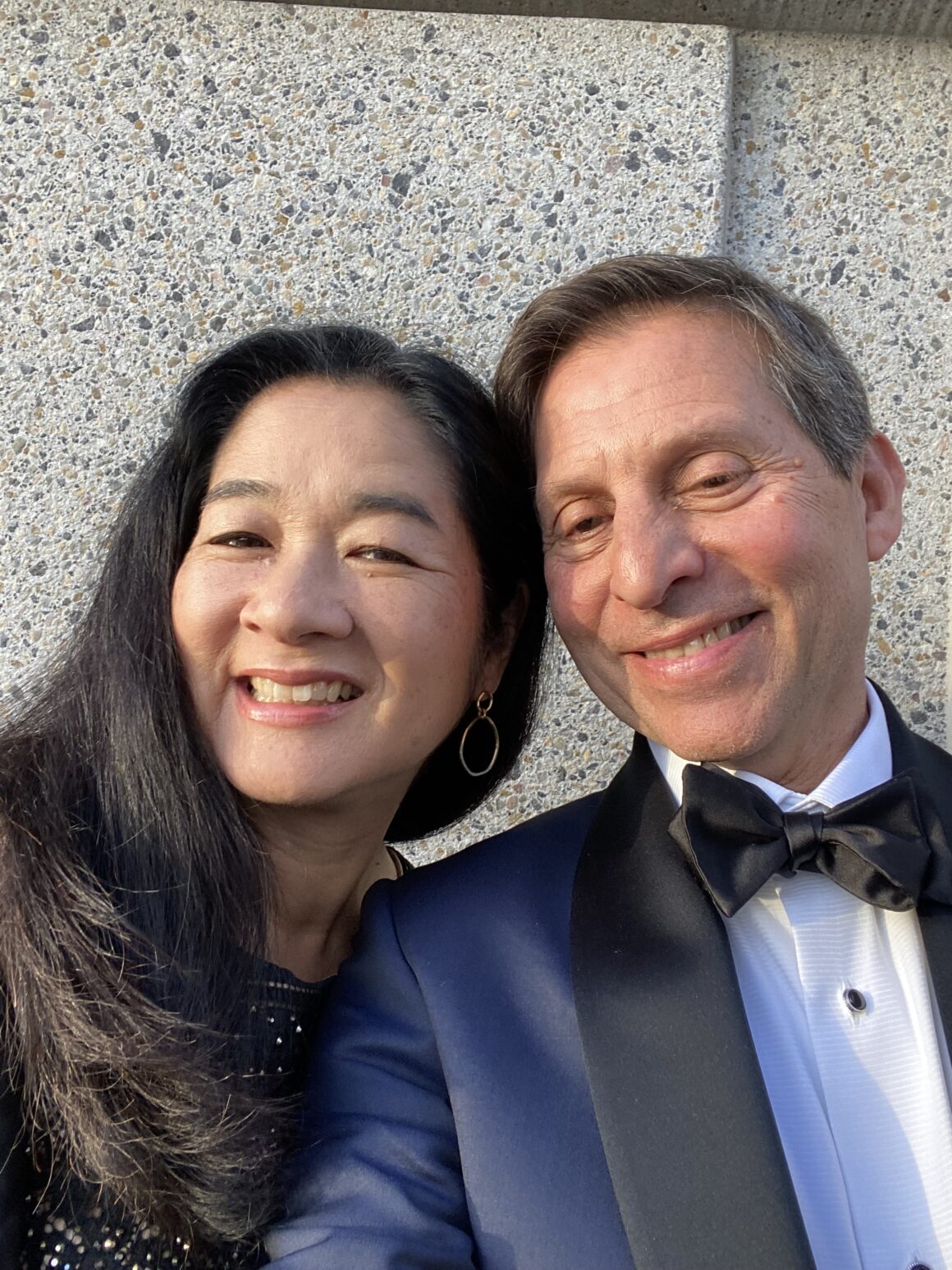
It is a Matter of Time Now
When Paul Mischel speaks about extra-chromosomal DNA, his eyes light up with the same enthusiasm he felt at the moment of discovery. “Extra-chromosomal DNA with a big exclamation point,” he says, recalling the discovery in your career that has surprised you the most.
Science, he reminds us, is slow by design: “First you actually have to show, and show again with more data. Then others need to see it too.” What began as an obscure observation in 2014 has now crossed a threshold, no longer “interesting,” but unquestionably important.
The work, first met with scepticism, is now embraced as a paradigm shift. “Everybody realizes that this is important,” Prof. Mischel says. “It is a matter of time now. I have great confidence that we collectively will figure out how to target this unique biology for the benefit of patients.”The next challenge is action. Through Boundless Bio and other emerging companies, drugs targeting ecDNA are already in clinical trials. For patients, the message is both simple and powerful. “For some people with very aggressive cancers that resist treatment, extra-chromosomal DNA is quite possibly behind it. Knowing this may let us identify those patients and treat them differently, and the drugs to do that are being developed as we speak.”
Maybe Terminal Doesn’t Mean What It Meant Anymore
For Mischel, the science is never far from the personal. He still remembers seeing the word “terminal” stamped on his father’s chart. That word has stayed with him ever since. Today, he believes research is beginning to rewrite its meaning. “Maybe terminal doesn’t mean what it meant anymore. Maybe that’s what we should really be, part of what we should be changing.”
He points out that medicine doesn’t talk about curing heart disease or curing diabetes. Instead, the focus is on helping patients manage the condition and continue living meaningful lives. He envisions cancer in the same way. “We need to be talking and thinking through how we manage it, how we let people continue to live meaningful lives even if they have cancer,” he says. Already, research is pushing that frontier forward; people with terminal cancer are living longer, spending more years with their families, raising children, working, and being present. For Prof. Mischel, that progress is proof that science can transform despair into possibility.
Inside his own lab, he works to cultivate not just breakthroughs, but also a culture. He urges young scientists to practice “courage, humility, collaborativity,” and never to forget that “human relationships are amplifiers.” Ideas aren’t handed down by command; they emerge in dialogue.
“I never tell anyone in my lab what to do because if I do, I’m not harnessing inherent creativity or their knowledge. So it’s by conversation. We arrive at shared interests, and they take their projects. There’s intellectual creativity and ownership. That’s the beauty of it. It’s hard to do, but it is really important.”

And the lesson he passes to them, inherited from his uncle Walter and carried through his own journey, is always the same: “Never make the work about you. It’s never about you. You don’t need to look out for yourself, you need to be looking out for the integrity of the science, for the work itself, for the people you train, those you collaborate with.”
The Blitz Round: Who is Paul Mischel?
To end our conversation, we turned to something lighter, a rapid-fire round of questions meant to reveal the person behind the white coat. Let’s uncover, together, the hobbies, principles, and passions that shape Paul Mischel beyond the lab.
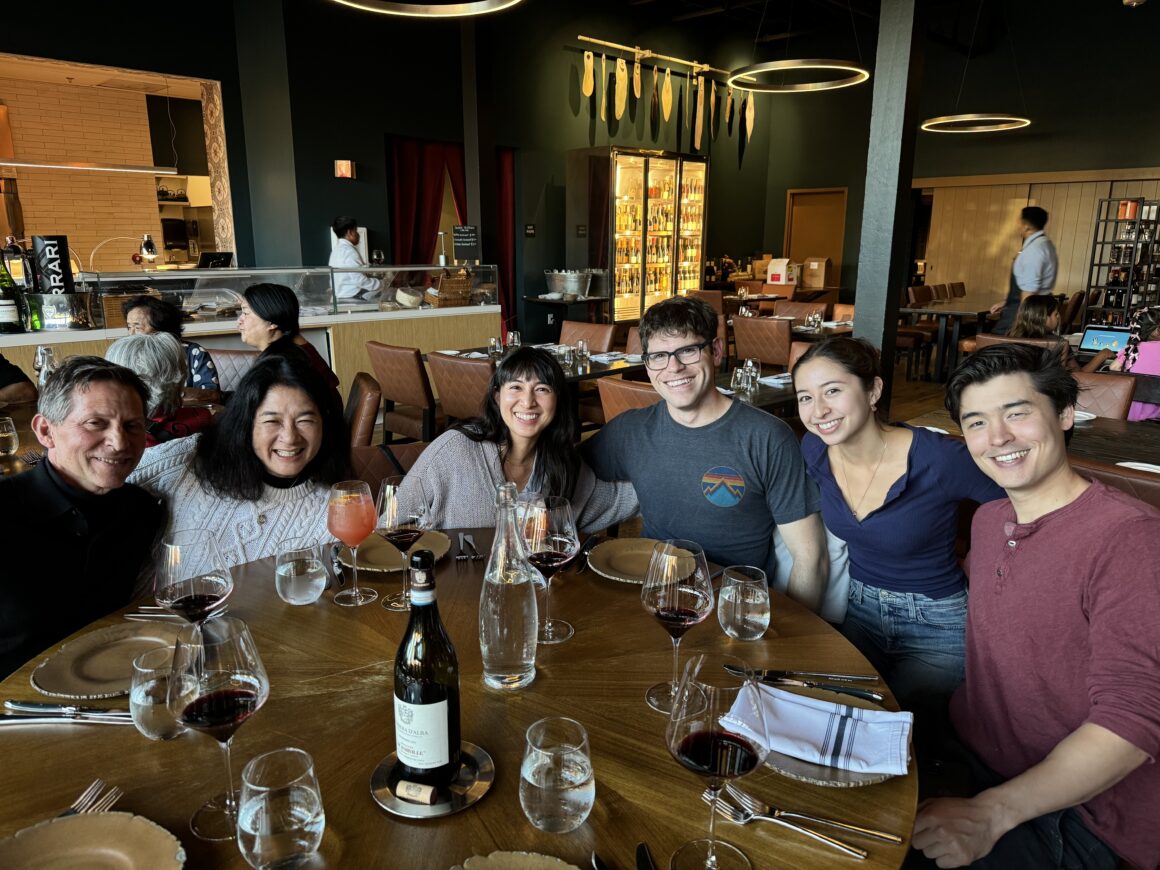
A quote you live by?
I don’t know a quote, but I do know a principle, right? (We all know that now)
Favorite book and movie?
A book called Stoner by John Williams. It’s about the beauty and meaning of scholarship. My wife read it, my daughters read it, and we all had tears in our eyes. For movies, I’d say Hoop Dreams, a documentary about boys with dreams of becoming basketball players and the hardships they endured. It’s a beautiful film about resilience.
Comfort food?
Bread, cheese, salad, and a glass of red wine.
A hobby you’ve always wanted to try?
Singing. I’d love to learn and to sing with others.
What’s a personal accomplishment that you’re quietly proud of?
Both of my daughters would say Dad was always there for me when I needed him.
Something that would surprise people?
I do high-intensity interval training with my wife and my two daughters.
Most inspiring figure in oncology?
Dr. Charles Sawyers. His generosity as a scientist and as a human being and the bravery with which he translates fundamental science into live saving treatments for people with cancer has always inspired me. I would also say that my colleague Dr. Howard Chang inspires me with his brilliance and deep sense of purpose.
Who should we interview next?
Alice Shaw, head of oncology at Dana-Farber. Alice is a truly wonderful person.
Paul Mischel is a scientist whose brilliance is matched by humility, whose breakthroughs are driven by loss and hope, and whose greatest pride is not in papers or prizes, but in being present for the people he loves.

